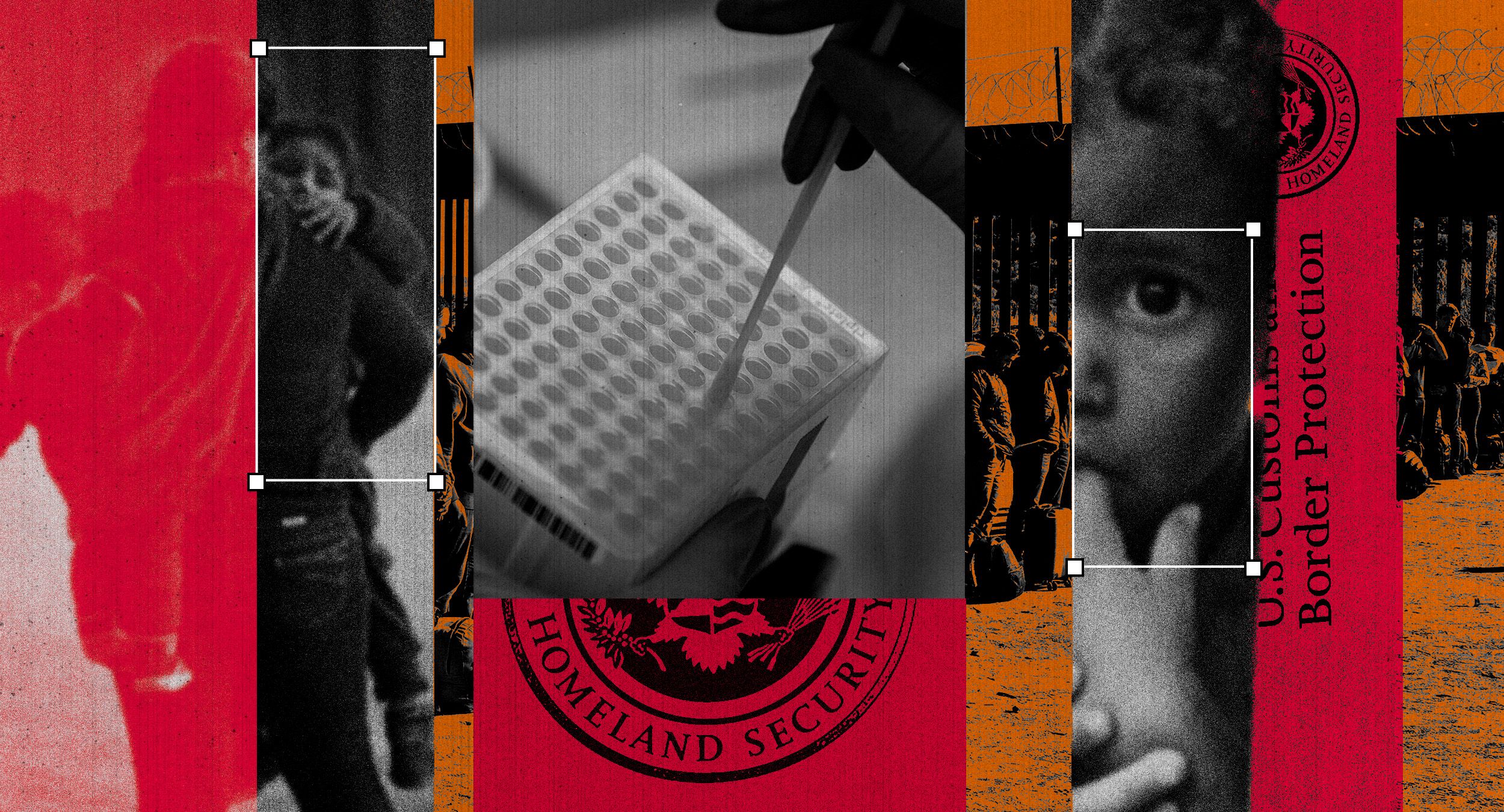The US Is Storing Migrant Children’s DNA in a Criminal Database
…

The US Is Storing Migrant Children’s DNA in a Criminal Database
Recent reports have revealed that the US government is storing the DNA of migrant children in a criminal database. This practice has raised concerns among civil rights advocates and privacy experts as it raises questions about the ethical implications of such actions.
According to reports, the Department of Homeland Security has been collecting and storing DNA samples from minors who cross the border without their parents. These samples are then stored in the FBI’s criminal database, which is used by law enforcement agencies for criminal investigations.
While the government argues that this practice is necessary for security purposes, critics argue that it violates the privacy rights of these children and could have far-reaching consequences. There are concerns that this data could be used to target these children in the future or to link them to criminal activities.
This news has sparked a debate about the treatment of migrant children at the US-Mexico border and the need for greater transparency and accountability in the government’s actions. Advocates are calling for stricter oversight of the government’s handling of migrant children and for protections to be put in place to safeguard their privacy rights.
As the debate continues, it remains to be seen what steps the government will take in response to these concerns. In the meantime, civil rights advocates are working to raise awareness about this issue and to push for greater protections for migrant children’s rights.
In conclusion, the storage of migrant children’s DNA in a criminal database has ignited a heated debate about privacy rights, government oversight, and the treatment of vulnerable populations. It is a complex issue that will require careful consideration and action to ensure that the rights of these children are protected.



